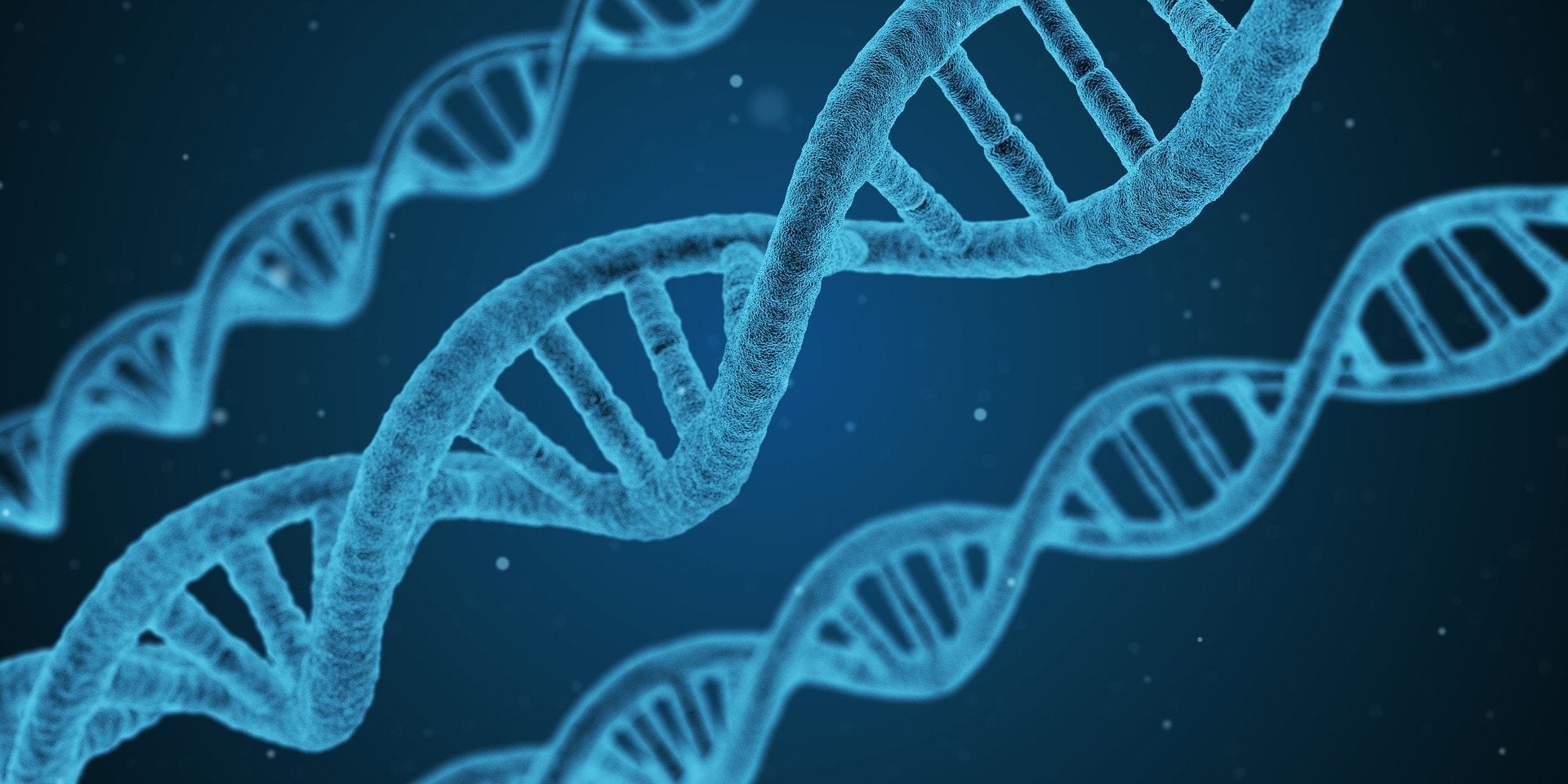
The US Food and Drug Administration (FDA) has placed a hold on Allogene Therapeutics’ clinical trials with allogeneic CAR T (AlloCAR T) treatments for cancer.
The move comes after a chromosomal abnormality was observed in ALLO-501A CAR T cells in a subject receiving the treatment in the ALPHA2 study.

Discover B2B Marketing That Performs
Combine business intelligence and editorial excellence to reach engaged professionals across 36 leading media platforms.
A bone marrow biopsy conducted to analyse low blood counts, also known as pancytopenia, in the patient revealed the chromosomal abnormality.
A probe is progressing to further analyse the reported abnormality, including any clinical significance, indication of clonal expansion, or possible link to gene editing.
The patient had Stage IV transformed follicular lymphoma and c-myc rearrangement, whose tumour was refractory to two previous lines of immune-chemotherapy and another radiation treatment.
No autologous CD19 CAR T cell therapy was given to this subject due to production failure linked to insufficient autologous CAR T cell expansion, the company noted.

US Tariffs are shifting - will you react or anticipate?
Don’t let policy changes catch you off guard. Stay proactive with real-time data and expert analysis.
By GlobalDataOn receiving ALLO-501A treatment, this patient had Grade 1 cytokine release syndrome (CRS) and Grade 2 immune effector cell-associated neurotoxicity syndrome (ICANS), requiring a course of increased dose steroid treatment.
The subject then developed progressive pancytopenia.
In a bone marrow biopsy, the patient was found to have plastic anaemia and ALLO-501A CAR T cells with chromosomal abnormality.
According to the initial translational data, the CAR T cells expanded, reaching the peak on the 28th day and subsequently contracted.
Allogene noted that the subject experienced a partial response to ALLO-501A and underwent allogeneic stem cell transplantation later on.
Extended cytopenia needing rescue stem cell transplantation were observed in autologous CAR T treatments.
More than 100 subjects were dosed with Allogene’s gene-edited AlloCAR T products.
The company estimates that the data obtained from the ALPHA trials back a favourable clinical profile for use of ALLO-501A to treat large B cell lymphoma patients.
The FDA is reviewing the end of Phase I materials submitted by the company with plans to commence a pivotal Phase II trial of ALLO-501A.
Allogene Therapeutics Research and Development executive vice-president and chief medical officer Rafael Amado said: “Patient safety is our highest priority, and we are committed to working closely with the FDA to evaluate any potential clinical implications of this finding, and determine next steps for advancing ALLO-501A and our clinical programmes.
“As a leading developer of allogeneic cell therapies, we recognise our added responsibility to fully assess all aspects of our therapies to advance the field.”
Cell & Gene Therapy Coverage on Clinical Trials Arena supported by Cytiva.
Editorial content is independently produced and follows the highest standards of journalistic integrity. Topic sponsors are not involved in the creation of editorial content.


